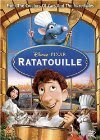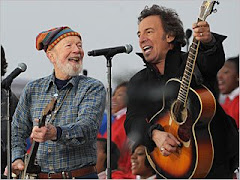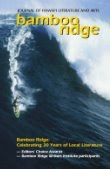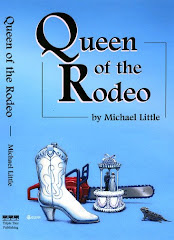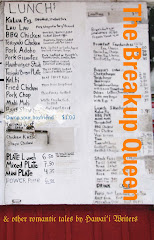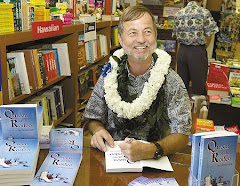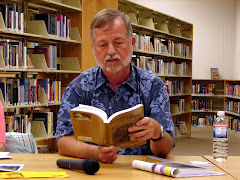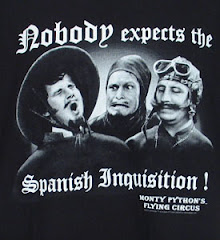"Take Five” is many things, from the title of a classic jazz piece—composed by saxophonist Paul Desmond and made famous by Desmond and the Dave Brubeck Quartet as the first jazz instrumental to sell a million copies—to, on a much smaller stage, the title of a column that I write for Words of Paradise, the newsletter of the Aloha chapter of Romance Writers of America.
The phrase, as we shall soon see, also has meaning for writers, God bless them and their smoking keyboards. Why are those keyboards smoking? Maybe it’s because their masters are hot and heavy into yet another rewrite, perhaps the fifth rewrite. Maybe it’s “take five” because the first take, the first draft, was a start but only that, and now it’s months later and you’re in the middle of a fifth draft, and you could have listened to the Brubeck piece a million times until it was stuck in your head for all eternity, and you could have learned to play the piano and mastered the 5/4 time of “Take Five,” but you didn’t because you’re lost in yet another draft of yet another story. Don’t get me wrong, I love writing. It’s in my blood and bones.
“Take five,” of course, is simply a way of saying “take a break.” Take five minutes and then come back. The original Brubeck recording of “Take Five” lasts five minutes. It’s as cool as Desmond’s sax, and the seldom heard lyrics, composed by Brubeck and his wife Iola, open with these cool lines: “Won’t you stop and take a little time out with me, just take five; Stop your busy day and take the time out to see I’m alive.”
To take five, then, is to take a little time out from your day to do something vital but often overlooked.
I usually think of time management in terms of hours, thinking “here’s what I can accomplish in the next hour,” beginning when the big hand is on the 12. We get 24 of those each day.
Looking at my watch, however, when I see all the numbers that mark the big hand’s hourly journey, beginning with one, I begin to see time in five-minute segments. “Here,” time says, “take five.” Then five minutes later, time says, “Take five more.” It’s as if time tosses us a nickel tip, and then feels a bit cheap and returns to the table to toss us another nickel. But time keeps on tipping. The nickels keep landing on our table.
What can we do in five minutes, besides listen to “Take Five” or take a short break from whatever we’re in the middle of at the moment? Here’s a short list. Just one list of many. Feel free to make your own.
1. Dream.
2. Dream some more.
3. Write down the dream, as a story title.
4. Give the dream to a character.
5. Write to find out what happens to the dream.
That’s five nickels, 25 minutes. That last five minutes will be just a start, of course. The big hand makes one circle, then another, and another. Three hours later the story is all you can think of. It will be there the next day, waiting for you to follow it down the winding road of dreams. When you’re done, take five. You’ve earned it.


